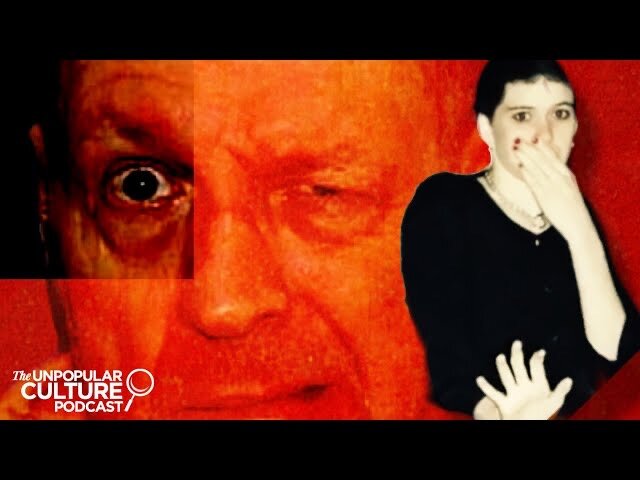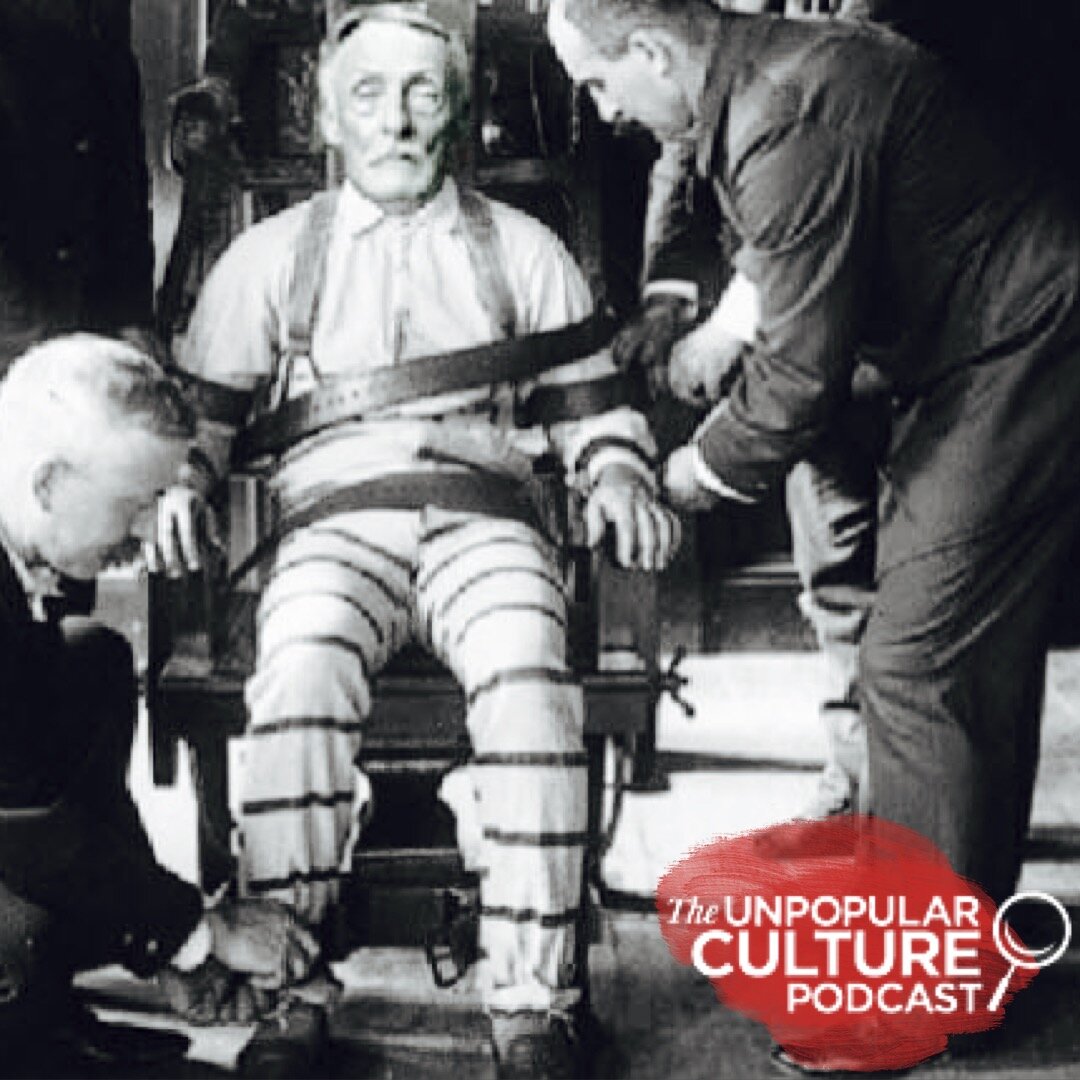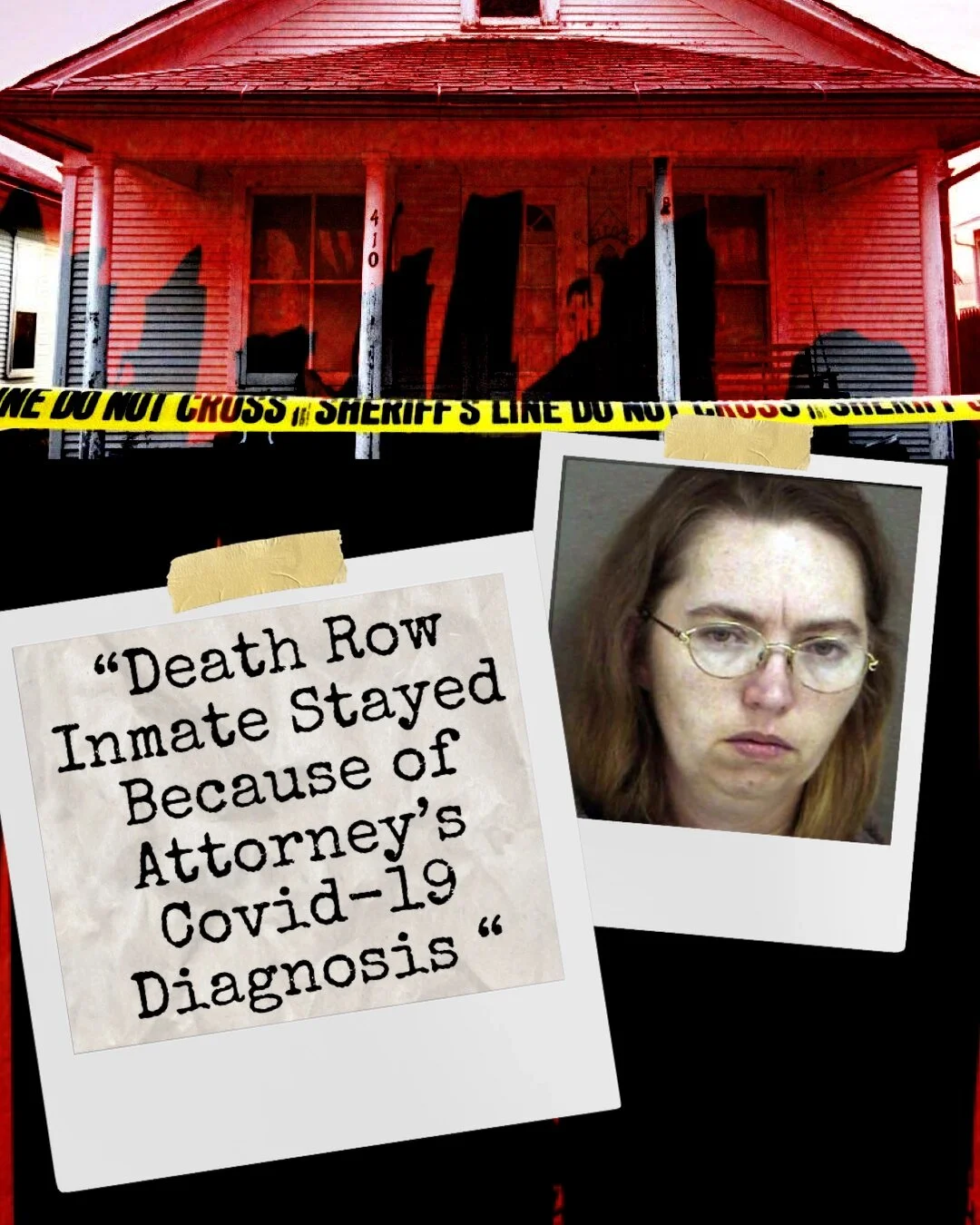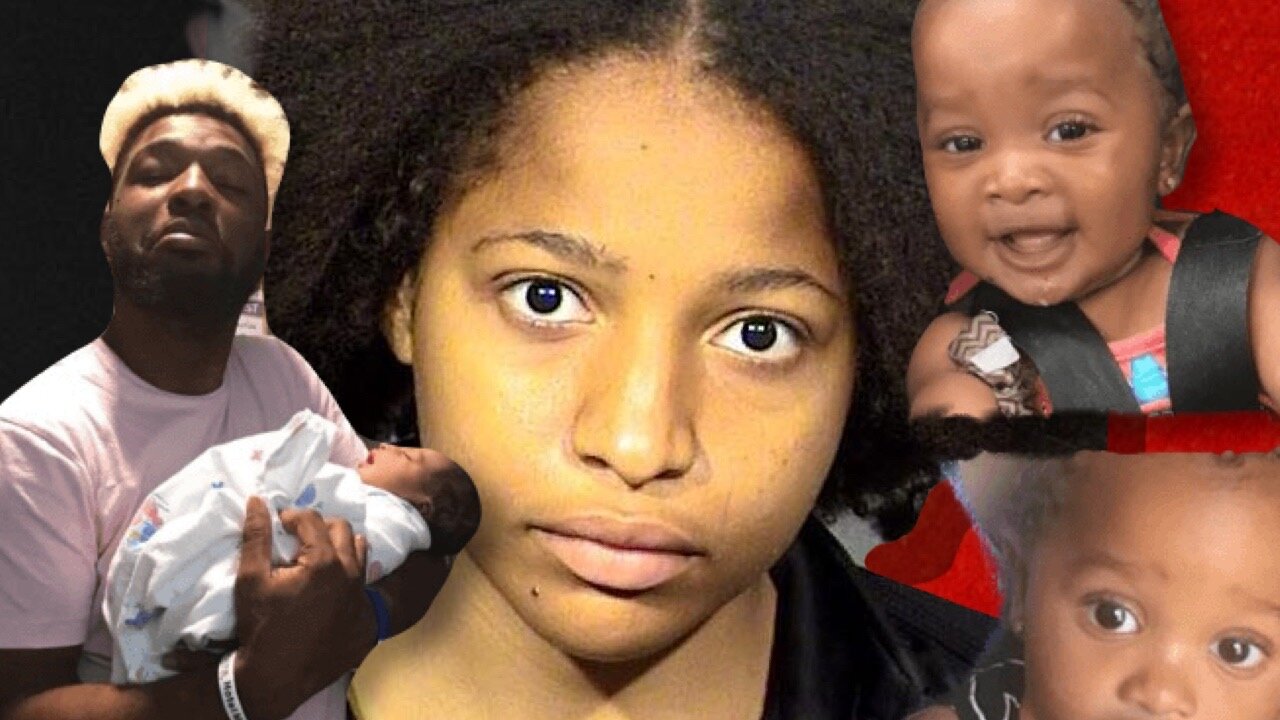👇Watch Below👇
What's the difference between a "Serial Killer" and a "Cult Leader"? The answer lies in their motives. In this episode, we discuss the differences between serial killers, cult leaders, spree murder, and mass murder, using two of the most notorious villains in history.. Jim Jones & Charles Manson
About Charles Manson
“Charles Milles Manson (né Maddox, November 12, 1934 – November 19, 2017) was an American criminal and cult leader. In mid-1967, he formed what became known as the “Manson Family”, a quasi-commune based in California. His followers committed a series of nine murders at four locations in July and August 1969. According to the Los Angeles County district attorney, Manson plotted to start a race war, though he and others disputed this motive.[3] In 1971, he was convicted of first-degree murder and conspiracy to commit murder for the deaths of seven people. The prosecution conceded that Manson never literally ordered the murders, but they contended that his ideology constituted an overt act of conspiracy.[4] Manson was also convicted of first-degree murder for the deaths of Gary Hinman and Donald Shea.”
About Jim Jones
“James Warren Jones (May 13, 1931 – November 18, 1978) was an American civil rights preacher, faith healer and cult leader who conspired with his inner circle to direct a mass suicide and mass murder of his followers in his jungle commune at Jonestown, Guyana. He launched the Peoples Temple in Indiana during the 1950s. Rev. Jones was ordained in 1956 by the Independent Assemblies of God and in 1964 by the Disciples of Christ.[note 1] He moved his congregation to California in 1965 and gained notoriety with its activities in San Francisco in the 1970s. He then left the United States, bringing many members to a Guyana jungle commune.”
HELP SUPPORT THE SHOW BELOW
Unpopular Culture Podcast is a psychology podcast hosted by Professor & Psychotherapist Michael Drane. With help from professionals in different fields, he seeks to shine light into the broken underbelly of society.
Listen as he takes on the psychology behind subjects like:
True Crime: serial killers, murders, stalkers, cults, forensic analysis
Psychology: mental illness, social phenomenon, mob mentality, psychoanalysis, etc.
Culture: Sexuality, Satanic Panic, love, Tv analysis, movie analysis.
We are an independent psychology podcast. Help us keep UPC free of ads and on the air. Please consider supporting the show and get access to our "Stalkers Only" archive, and help be a part of the creative process.
Support the Show! —> patreon.com/upcpodcast
👇Listen Below👇











